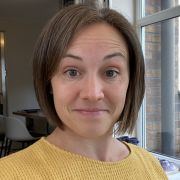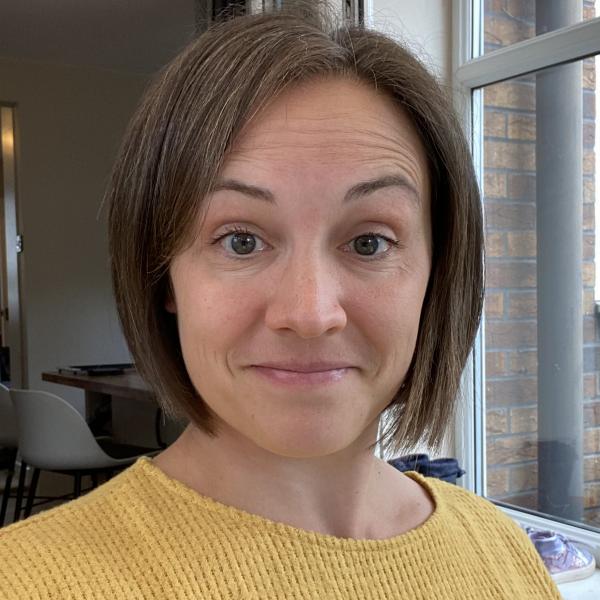Lizzy Shaw
School of Education
University Tutor (Natural Sciences)


+44 114 222 7000
Full contact details
School of Education
The Wave
2 Whitham Road
Sheffield
S10 2AH
- Profile
-
Lizzy studied Zoology (BSc Hons) at Durham University, after which she worked as a research assistant studying the biodiversity of the wetland forest environments of Cambodia. She then returned to the UK to begin a PhD in Developmental Biology at University College London, where her research focused on the early events that pattern the vertebral column during embryonic development, using the chick embryo as a model organism.
After graduating in 2016, she moved to the University of Manchester, where she worked as a postdoctoral research associate, investigating the development of the human intervertebral disc and regenerative therapies for the treatment of disc degeneration, a major cause of back pain. She then worked as a teaching associate on the University of Manchester undergraduate medicine degree, where her love of teaching was cemented.
After a short time working back in research on stem cell models of heart disease, Lizzy moved to the University of Sheffield in 2022 to begin her current role as a University Tutor in the Department for Lifelong Learning.
- Research interests
-
Lizzy’s research interests lie in the fields of developmental biology and embryology, the process by
which a single fertilised egg (the zygote) becomes a complex, functional, multi-cellular organism. She
has a particular interest in development and evolution of the vertebrate spine and the use of
pluripotent stem cells to model development and disease.
- Teaching activities
-
Lizzy teaches on a range of modules in the Department for Lifelong Learning, including Intro to Natural Sciences, Foundation of Biology (core) and ALCS.
- Publications
*Note that all publications use Lizzy’s maiden name (Ward)
Durkin, L., Handschuh, M., Sovannak, K., Ward, L., Hulse, N. & Mould, A. (2010). Discovery of a hitherto unknown breeding population of the Asian leaf turtle Cyclemys aff. atripons in Phnom Kulen National Park, northwestern Cambodia. Cambodian Journal of Natural History. 2010(1), pp15-17
Ward, L., Evans, S. E. and Stern, C. D. (2017). A resegmentation-shift model for vertebral patterning. J. Anat. 230, pp290–296Ward, L., Pang, A. S. W., Evans, S. E. and Stern, C. D. (2018). The role of the notochord in amniote vertebral column segmentation. Dev. Biol. 439, pp3–18
Rodrigues-Pinto, R., Ward, L., Humphreys, M., Zeef, L. A. H., Berry, A., Hanley, K. P., Hanley, N., Richardson, S. M. and Hoyland, J. A. (2018). Human notochordal cell transcriptome unveils potential regulators of cell function in the developing intervertebral disc. Sci. Rep. 8, pp1–13Humphreys, M. D., Ward, L., Richardson, S. M. and Hoyland, J. A. (2018). An optimized culture
system for notochordal cell expansion with retention of phenotype. JOR Spine e10
Wood, N. J., Mattiello, T., Rowe, M. L., Ward, L., Perillo, M., Arnone, M. I., Elphick, M. R. and Oliveri, P. (2018). Neuropeptidergic systems in pluteus larvae of the sea urchin Strongylocentrotus purpuratus: Neurochemical complexity in a “simple” nervous system. Front. Endocrinol. (Lausanne).
9, 628
